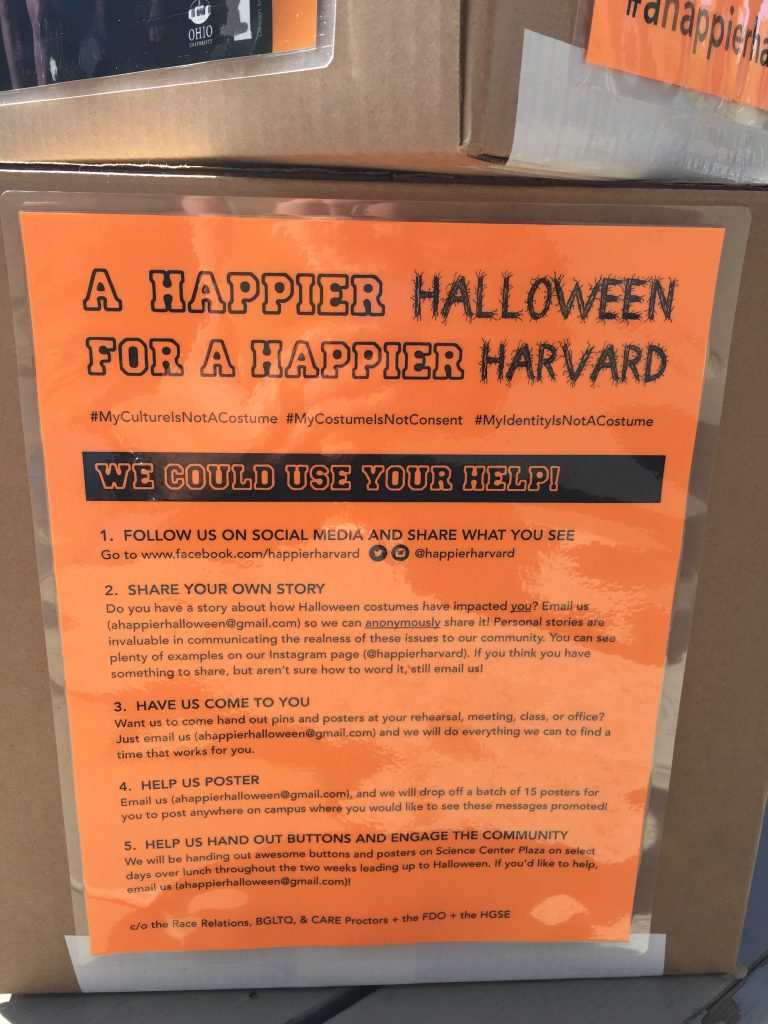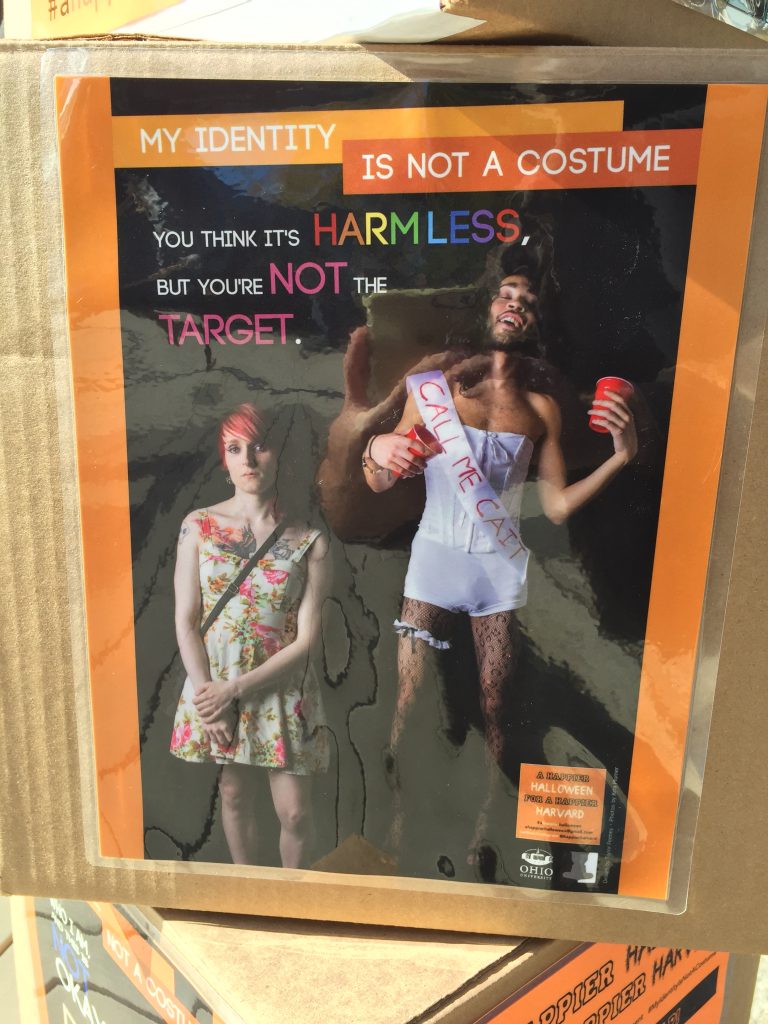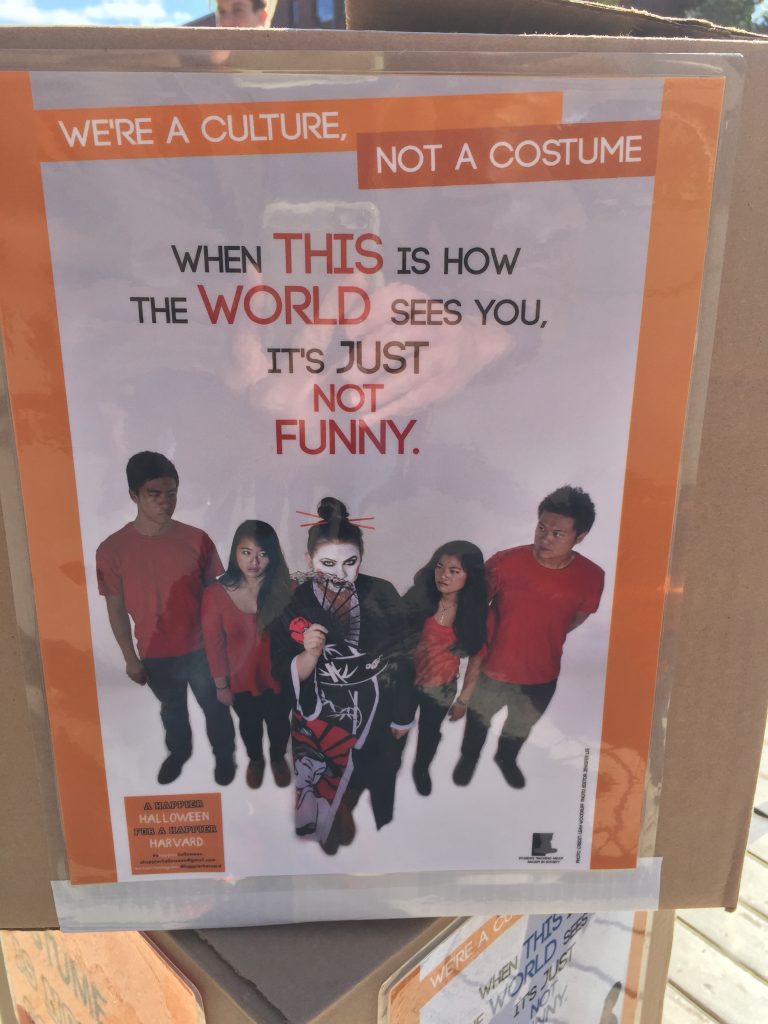Folks:
Trump seems to be doing badly in the polls. Aside from conceding right now, chess-style, what’s his best strategy?
From the second debate transcript, it seemed to me that his most powerful message was that a status quo politician such as Hillary Clinton generally rides to power (and, in her case, wealth) on a magic carpet of broken promises. Trump, in response to Clinton saying he had “targeted immigrants, African Americans, Latinos, people with disabilities, Muslims,”
DT: It’s just words, folks. Just words. Those words, I’ve been hearing them for many years. I heard them when they were running for the Senate. In New York.
Where Hillary was going to bring back jobs to upstate New York and she failed. I’ve heard them where Hillary is constantly talking about the inner cities of our country, which are a disaster. Education-wise. Job0-ise. Safety-wise. In every way possible, I’m going to help the African Americans, help the Latinos, Hispanics. I am going to help the inner cities.
She’s done a terrible job for the African Americans. She wants their votes and does nothing and then comes back four years later. We saw that firsthand when the United States senator she campaigned where the —
MR: Mr. Trump, Mr. Trump — I want to get to audience questions and online questions.
DT: So, she’s allowed to do that, but I’m not allowed to respond. Sounds fair.
The moderator cut Trump off but, especially if expanded and supported by data, this seems like an effective message to voters who have been paying taxes and listening to incumbent politicians talk about all of the great things that the planned-by-them economy will do for average citizens.
In response to attacks on his business success, usually centered around some Chapter 11 reorganizations in the early 1990s (25 years ago, a bad time for leveraged real estate developers), he could tell the story of the Wollman Rink, which the government spent 6 years and $13 million trying to renovate. Trump was able to get it up and running in just 4 months for $2.5 million. This doesn’t exactly compare to the scale of the carnage when the Atlantic City casino went bankrupt, but voters don’t seem to have a great sense of proportion (Democrats lapped up the tax returns of Warren Buffett, never questioning why the world’s third-richest man has the same income as a successful Medicare ophthalmologist). And it is a direct comparison of standard government operating procedure versus what the Trump Organization can do. Similarly Trump could compare healthcare.gov ($1 billion+?) to any web sites that he may have built to support golf courses or hotels. Voters outside the Beltway can’t understand why it costs the government 4-40X what private industry pays for the same product or service (compare Boeing 757 operating costs for airlines and USAF, for example; also see what New York spends to operate helicopters).
On immigration, since Trump has demonstrated already that the quickest path to pariah status is questioning the wisdom of admitting folks from a particular country or particular religion, why not simplify to “Do you love sitting in traffic and paying 50 years of income to afford a house in a decent neighborhood? If so, you’ll love Hillary’s plan to expand the U.S. population to 600 million via immigration. If you think that 325 million is sufficient then vote for me and let’s be judicious about whom we invite to join our party. Even if you do want to live in a country dotted with Chinese-style megacities, ask Hillary how she refutes Milton Friedman’s observation that you can’t have open borders and a welfare state at the same time.” (maybe quote from this Senate Budget Committee report that says the 80-plus federal welfare programs cost $1 trillion annually and are the largest budget item currently (Social Security and Medicare are additional))
Since Trump can’t win the personal character war at this point (his comments about the availability of women surrounding TV stars being far more shocking to voters than the Clintons becoming billionaires through selling access and influence), why not stick to some simple policy points?
Readers: What else could Trump be doing in the home stretch of the campaign?
Full post, including comments 


